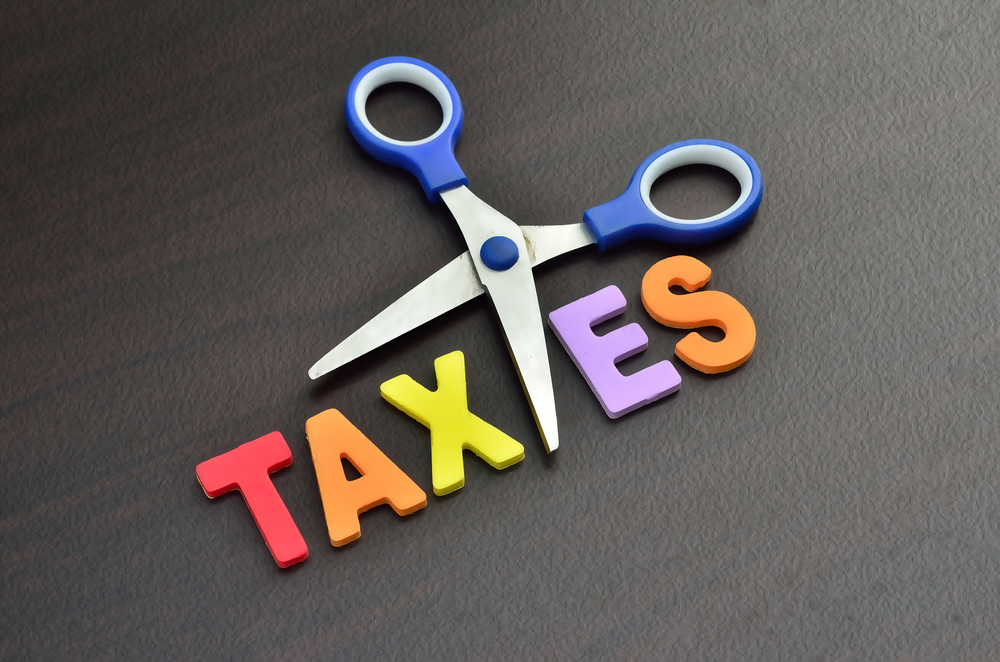
Inheritance tax receipts for April and May came in at £1.5bn, up £98m, or 7%, from a year ago, according to the latest HMRC data.
The department points out that annual receipts for this levy over the last 20 years have lifted partly due to property price rises from £3.3bn in 2005 to 2006, to £8.2bn in 2024 to 2025, which was the fourth year in a row of record takes for this tax.
The Office for Budget Responsibility predicted that inheritance tax will hit £9.1bn this current tax year, during the March Spring Statement, adding that revenues are expected to raise more than £14bn by 2029/30.
Just Group director Stephen Lowe says: “The Treasury’s inheritance tax revenues continue to surge with this tax train showing absolutely no signs of running out of steam through the first couple of months in this financial year.
“Over the past four years, rising asset prices and frozen thresholds have combined in a pincer movement to drive consecutive record annual totals.
“The reforms announced at the Autumn Budget 2024, which included further extending the threshold freeze and tightening the exemptions for pension wealth, will likely tip more estates into paying the tax and further boost the Chancellor’s coffers.”
Last October, Chancellor Rachel Reeves confirmed that the government would extend the current inheritance tax threshold freeze for a further two years to 2030.
This meant the first £325,000 of any estate could be inherited tax-free, rising to £500,000 if the estate includes a residence passed to direct descendants, and £1m when a tax-free allowance is passed to a surviving spouse or civil partner.
Evelyn Partners head of estate planning Ian Dyall adds: “May’s inheritance tax receipts data came in as expected, continuing the predictable annual rise that has become the norm in recent times.
The steady annual rise in inheritance tax receipts has almost become ingrained as inflation drags more assets and more estates across the frozen nil-rate bands.
“Inheritance tax receipts are expected to continue rising as the government moves ahead with its plan to reduce available reliefs by capping business relief and agricultural property relief.
“Unspent assets in defined contribution pensions are set to fall within the scope of the death tax in April 2027, a change already creating a planning headache for those looking to pass on wealth to their loved ones.”



